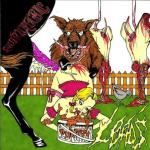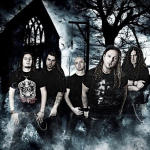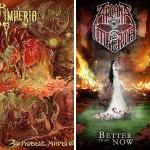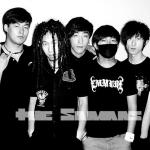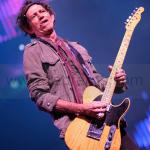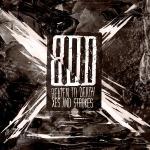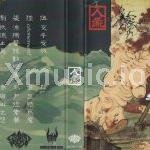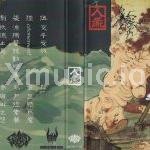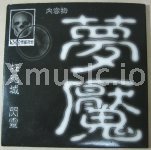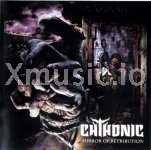-
Brutal Death Metal残忍死亡金属
An overarching style of death metal with a few separate sub-styles within it. Overall, though, the music can be defined wholly as death metal with the extremity factor turned up in multiple ways. Triggered blastbeats, grind(core) influences and chunky, fast riffing characterize a good number of bands playing brutal death metal, but there are some bands, as early as Suffocation and as purely as Devourment who emphasize "slam" riffs which are often featured in breakdowns. This type of riff is often noted as being almost purely rhythmic, syncopated with the drumming or general pattern of the song and muted for maximum heaviness. Bands playing brutal death metal are often known to write shorter songs, emphasizing how much damage can be done in a brief period of time, though some also write longer, complex songs with a multitude of different, often slow, breakdowns and compositional techniques.
The three main styles seem to be a technical death style with slam-sounding breakdowns and grinding riffs as the aforementioned Suffocation did on their earliest material, a more purely rhythmic style such as the also previously mentioned Devourment or a complex, chaotic and constantly shifting yet unwaveringly fast and oppressive style like Deeds of Flesh. Most bands play in one of these styles or combine two or even all three with their own variegated influences to produce their own sound. - Death 'n' Roll
- Deathgrind @
- Melodic Death Metal旋律死亡金属
-
Progressive Death Metal前卫死亡金属
A cross-over subgenre between progressive metal and death metal characterised by use of song structures resembling those of progressive rock, such as a tendency for longer songs, concept albums and use of time signature changes, with more visceral elements of death metal such as usage of blastbeats and death grunts.
Progressive death metal has its roots in a group of death metal bands based primarily in the USA and Sweden in the early 1990s - particularly notable are Death (from the release of the album Human onwards) and Edge of Sanity both of which were instrumental in the development of the subgenre. It is worth noting that progressive death metal shares a significant overlap with technical death metal in bands such as Meshuggah and Gojira; though there are also many bands, such as Opeth which are almost entirely exclusively referred to as progressive death metal. -
Technical Death Metal
Technical death metal is a style of death metal with particular focus on challenging, demanding songwriting and instrumental skill. Bands may utilize complex guitar riffs and solos, change time signatures liberally or otherwise defy the rules of "traditional" death metal. The bands remain firmly rooted in death metal due to their unbending devotion to rhythmic heaviness and conceptual darkness, while promoting the idea of "harmony in chaos" even further with their schizophrenic compositions.
